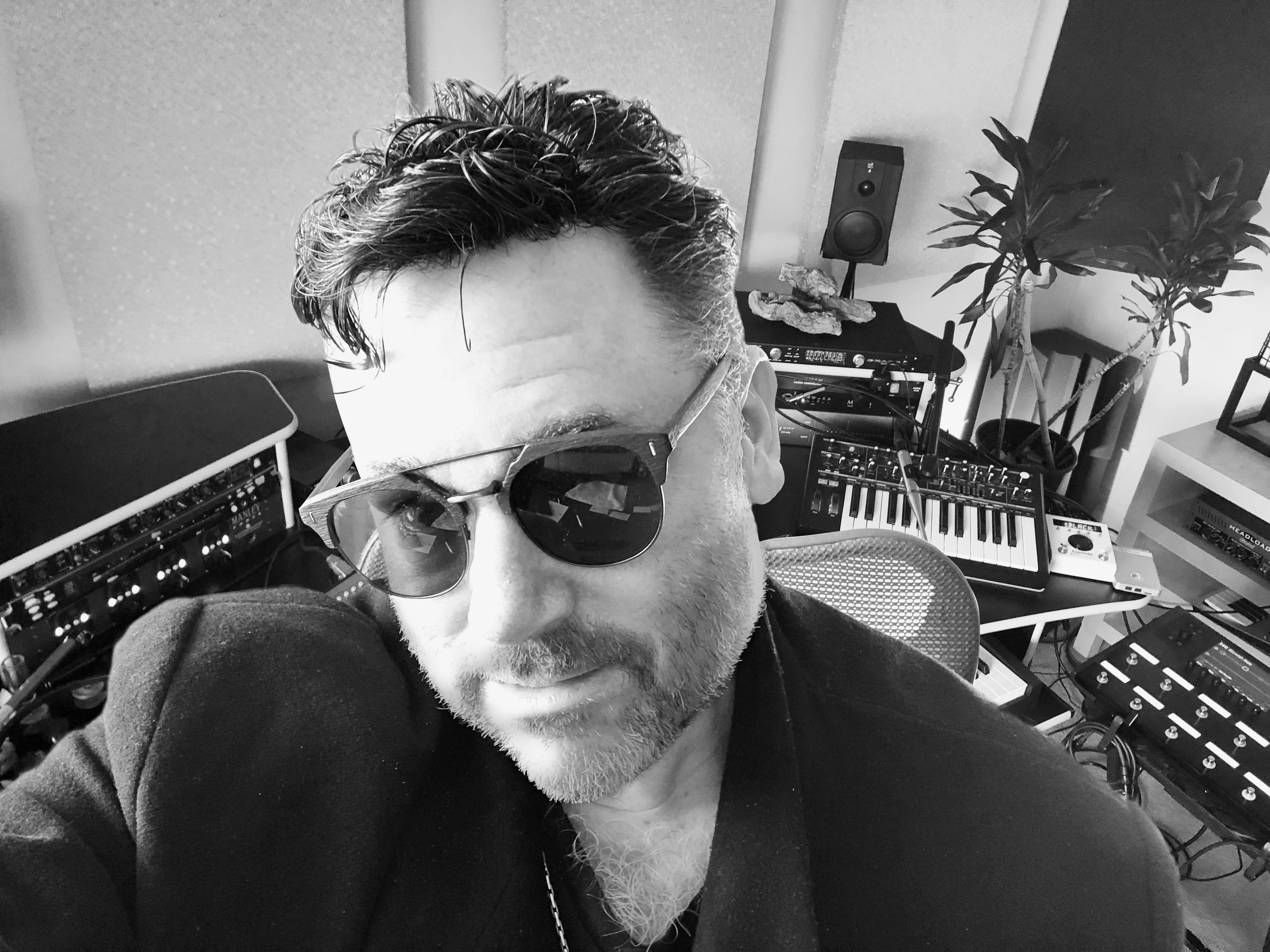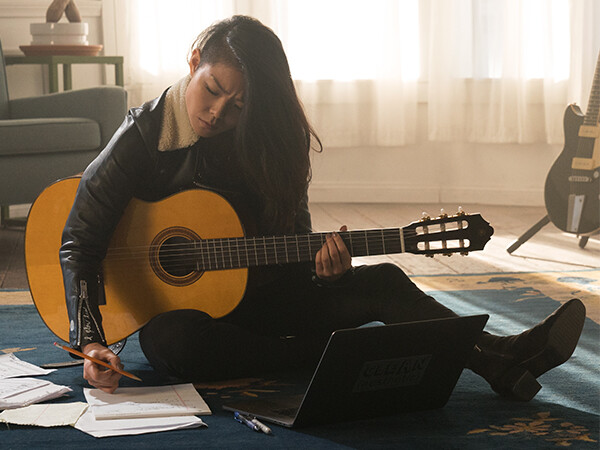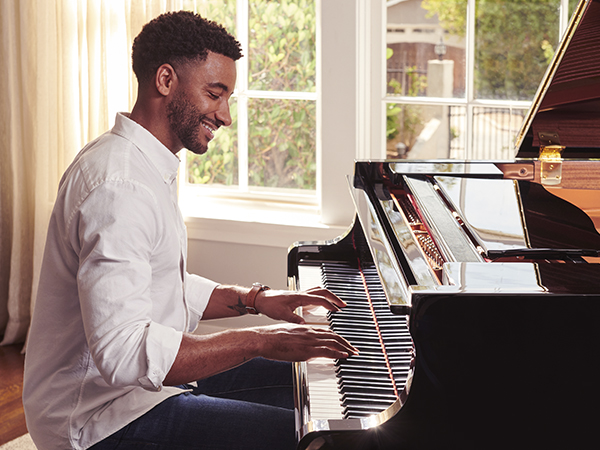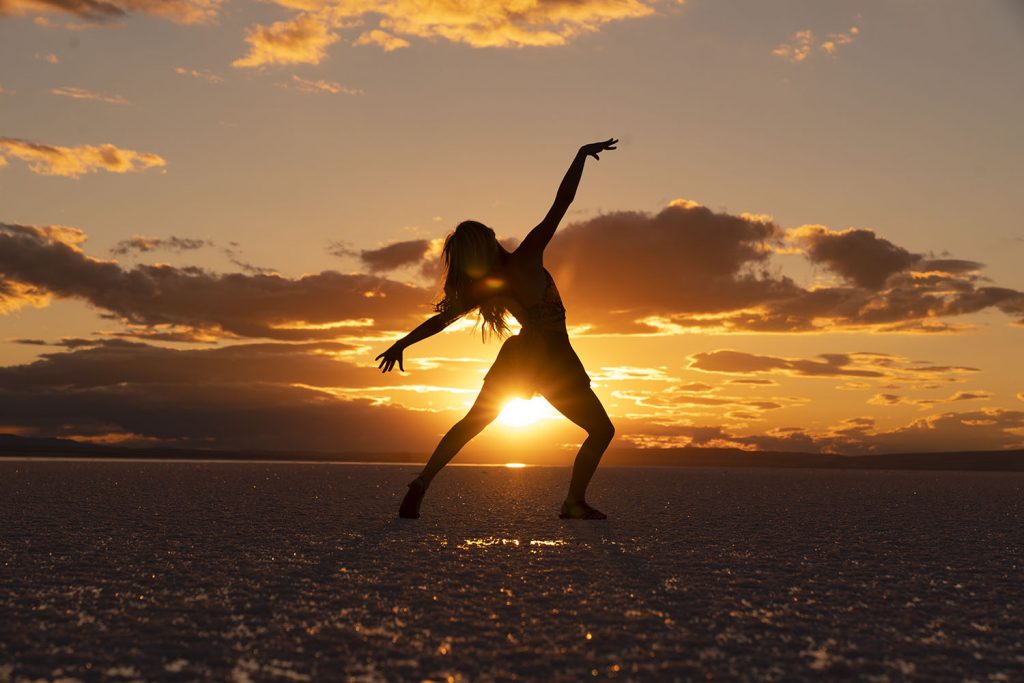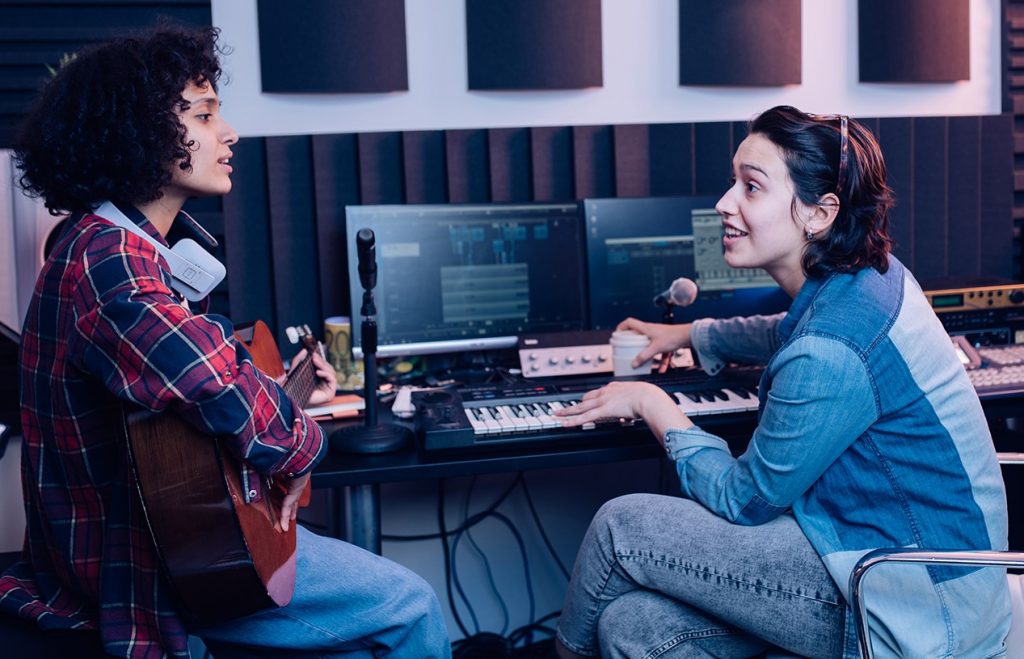Outside Influence
Stepping outside your comfort zone can help strengthen your musical skills.
When the weather turns cooler, I spend more time indoors. That may seem obvious, but over the years I’ve increasingly found myself taking advantage of that time to push the boundaries of learning my craft. This includes intensive practice of my primary instrument, the guitar, but also the study of keyboards, orchestration, arranging, recording, mixing and production. Perhaps more importantly, besides directly seeking to improve those skill sets, I also take classes outside of those worlds. I’ve found that those outside studies actually help my craft by allowing me to examine things in a different and deeper way.
One of the most interesting of those was an online photography course with the great Annie Liebovitz, who has taken some of the most iconic rock pictures of all time. I like to learn from those who excel at what they do, and when she talked about self-reflection, it resonated strongly with me. Afterwards, I did just that — I went back and listened to a number of my older compositions. Wow, what an ear-opener! What I heard, clear as day, was the advancement of my skills as a composer and guitarist, as well as the evolution of my mixing and production chops.
I’ve also taken online classes in the field of cooking. From Gordon Ramsay to Massimo Bottura, observing how others work can help you think about how you work. (And since I like to cook, it has made my friends and family happy too!) After taking some of these classes, I came to the realization that my style of musical creativity is actually very similar to my style of cooking. I use as many of the best ingredients as possible, make sure I have the right tools, and rely on a combination of instinct and skill. Often, when a song is not quite done, I’ll think of what a final touch of finishing “salt” might be added to make it pop … just like a great dish in the kitchen.
Another interesting online course I took was conducted by the commander of the International Space Station. I’m a longtime space fanatic, and I have an app on my smartphone that tracks the ISS and tells me when it’s flying overhead. (At those times, if the weather cooperates, you can actually see it!) While the class was full of amazing facts about how the space station works, how they dock to it, and even how they walk in space, I use its lessons for different purposes. First and foremost, I apply them to cutting through professional problems. It seems to me that if we can fly people in space and shuttle them back and forth at will, our brains must have powers almost beyond our imagination. Thinking this way makes my “problems” seem small in comparison, and therefore quite solvable. But I also use the lessons for pure inspiration. When I listen to stories about how we plan to get to Mars, I know I can fix that computer problem holding up my mix session that day.
I also like to watch TED Talks about subjects I know little or nothing about. I approach them with an open mind, absorbing new ways of thinking and looking at problems and solutions that might not have occurred to me otherwise. Watching Vogue editor Anna Wintour’s talk on creativity and leadership, for example, helped me contemplate different ways to incorporate team members in my own work.
An online MindTools article entitled New Ideas — Strategies and Techniques suggests that you “mix your media.” The author explains the concept this way: “Radical ideas can arise from tackling problems in unusual ways. A great way to do this is to apply different types of creativity — don’t just talk or write about your plans, explore them through music, painting, photography, sculpture … whatever enables you to express yourself. Fresh thinking can emerge when you let your creative juices flow.”
I find that the combination of direct studies along with those outside of your field blend together to make for a more well-rounded musical approach. It helps you reach beyond your set ways and comfort zone and acts as a spur on creativity. Whether you’re creating just for fun or are doing it on a fulltime professional level, think about how you might use outside influences to help you go deeper into your music. It’s a worthwhile and rewarding pursuit!









